Ecuador With Friends
Juan is my roommate. He is a first generation American who works as a medical researcher and speaks fondly of childhood summers visiting relatives in Ecuador. He was planning an epic month long trip, going back for the first time as an adult. He encouraged friends to tag along on different legs of his trip and I gladly took him up. This was my second trip abroad.
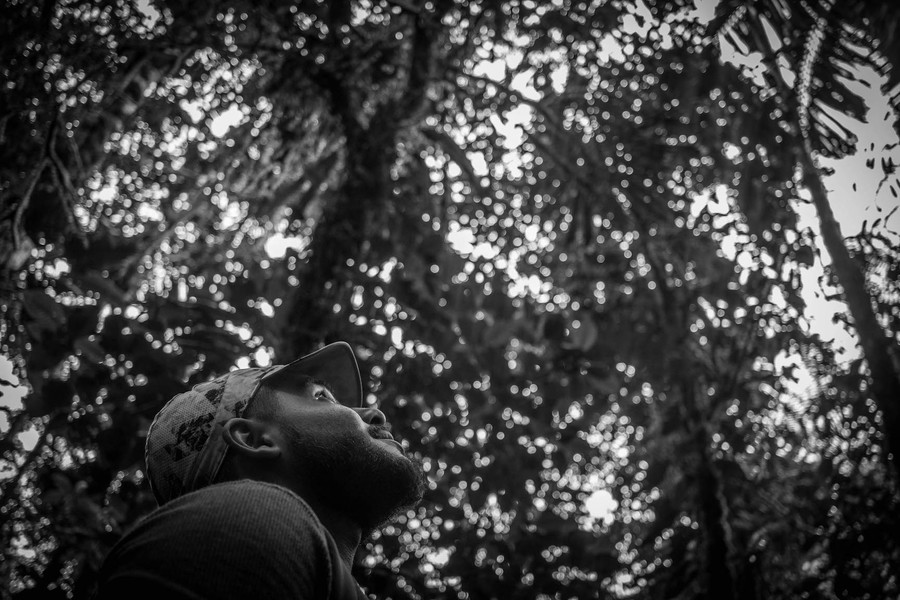
In Ecuador, there are cities crammed high in the mountains. Pacific beach towns on the coast. Towns on rivers throughout the Amazon rain forest. Volcanic national parks that feel alien. Perhaps most striking is how fast the transitions can be.
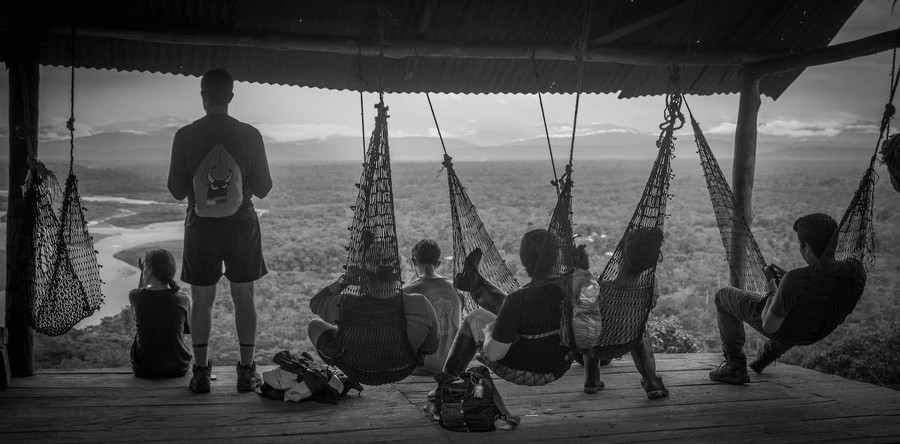
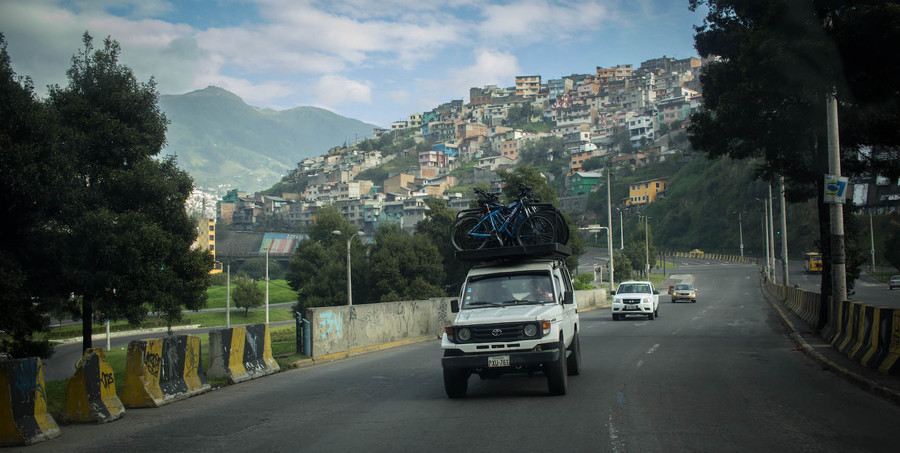
Modern Ecuador was shaped by economic crisis in the 90s. International credit dried up and the government was disfunctional, the causes complex but at least a little bidirectional. Efforts to stabilize currency fell short. Many left in search of better jobs abroad.
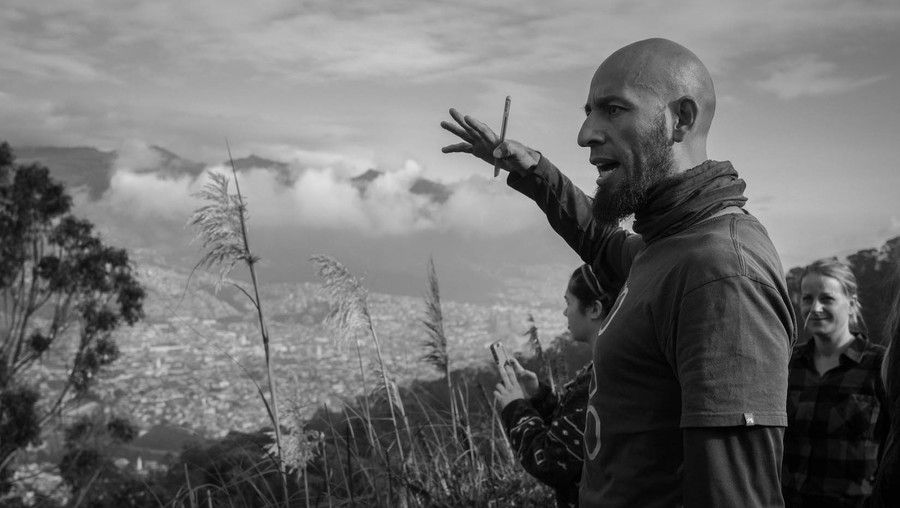
Poverty rates and inequality were already structural problems. Hyperinflation was ramping up and making it worse. With few options, the decision was made to abandon the Ecuadorian sucre for the American dollar. In the short term, wealth disappeared for many Ecuadorians. Their savings evaporated and the economy struggled.
The dollar helped facilitate the eventual emergence of a tourism industry. Some have done well and have a similar quality of life to the United States, even though the inequality problems remain. We experienced a thriving Quito full of wonderful restaurants, markets, street art, and museums. Our hosts were warm and their home was an impressive compound of stacked identical floors, providing intergenerational residents proximity but also some privacy.
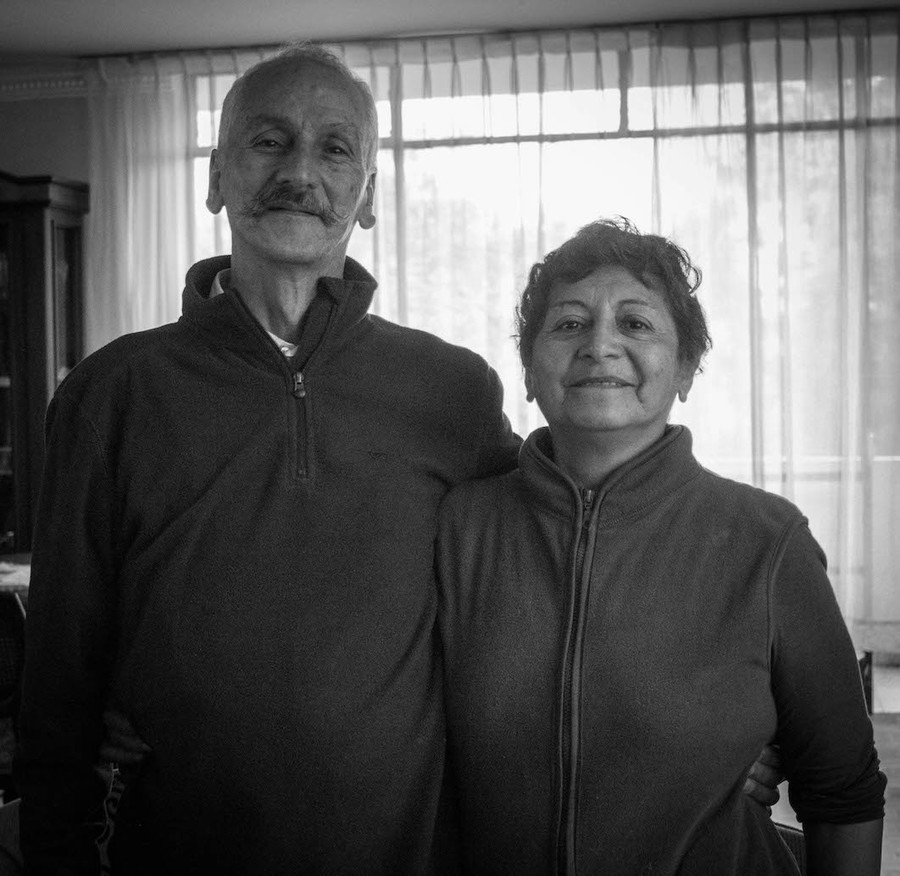
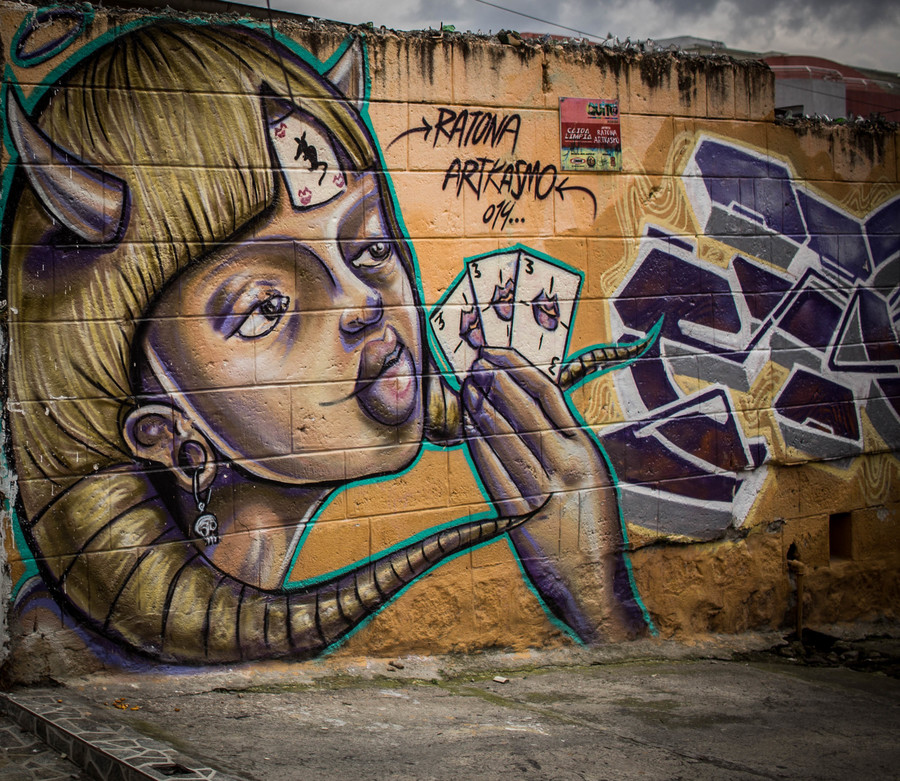
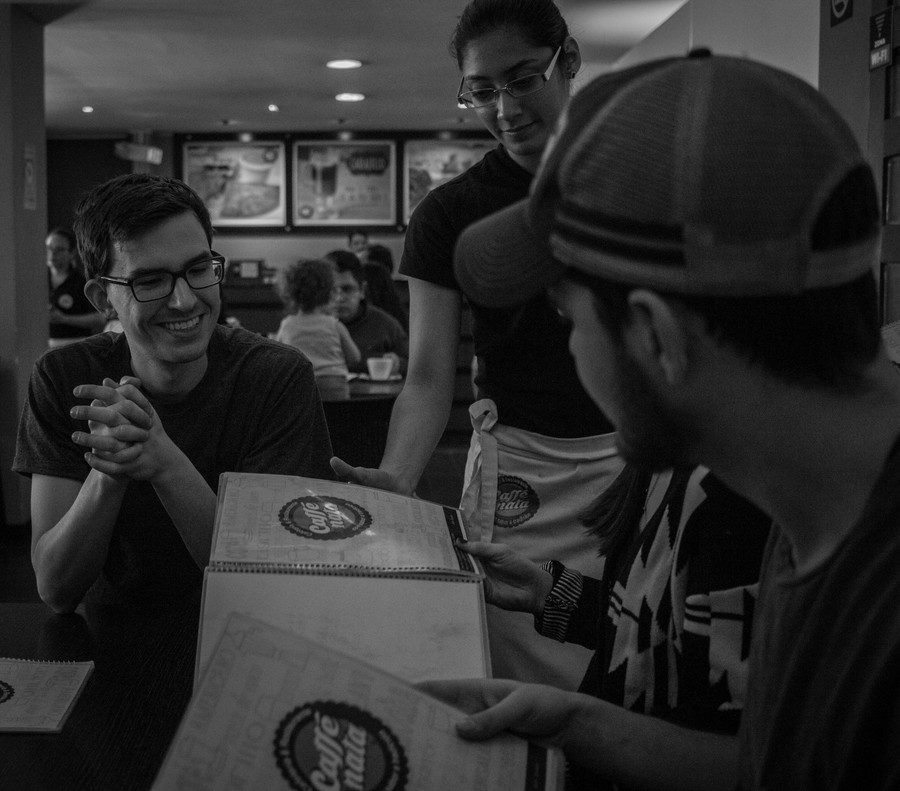
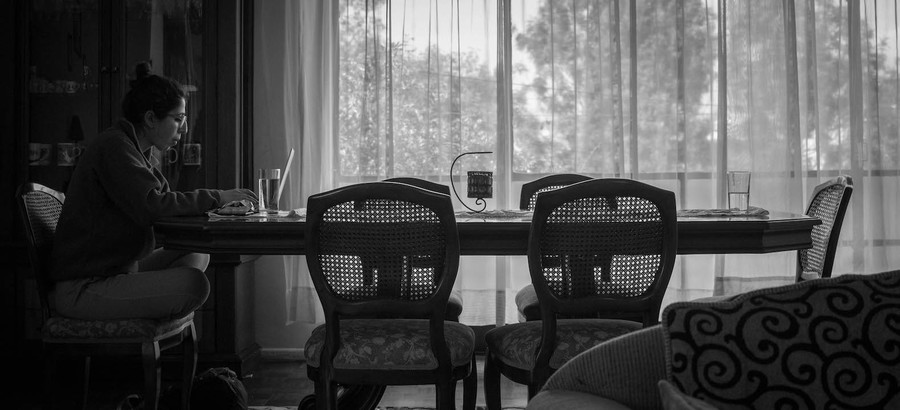
We left on a supported cycling trip from Quito. It was my first time doing legitmate mountain biking and I fear the volcanic scenery spoiled me.
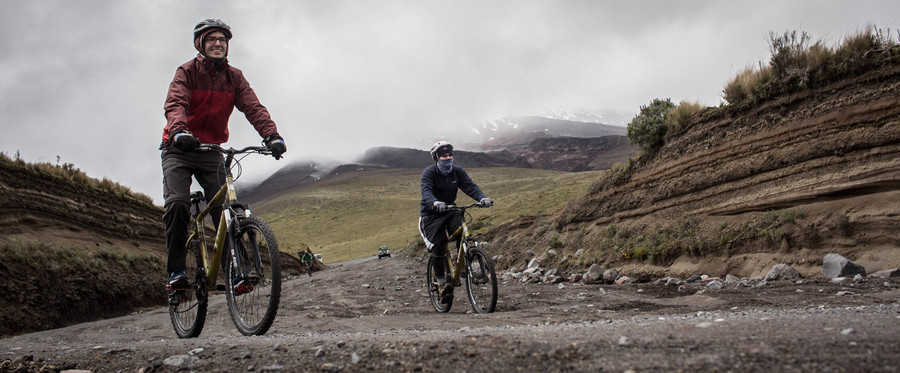
Being an avid road cyclist, I was foolishly confident in my ability to adapt to dirt despite our guide’s best efforts to warn us of exactly this situation.
There was a particularly steep hill peppered with boulders at one point. I should have approached it more cautiously but pulled a Leroy Jenkins. Almost immediately my feet lost the pedals. Gravity was in effect. Barreling down the hill with no control, the possibility of plastering myself on one of the boulders became realistic.
Training kicked in. I avoided braking and tried to follow the countours of the hill. Though I miraculously avoided disaster, eating dirt is common in mountain biking and our guide Etiel had some wisdom.
When you lose control of a bicycle, the thing to remember is the bicycle knows which way it wants to go. It will do everything it can to stay up as long as it can. Sometimes you have to stop fighting where it wants to go to avoid crashing. It’s like life in that way. Sometimes you have to stop fighting where it wants to go to avoid crashing.
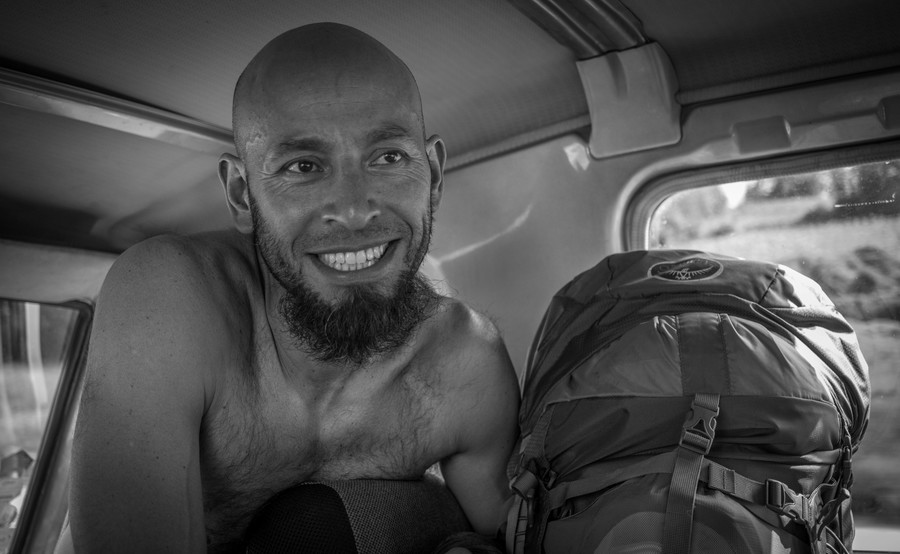
Holy shit.
We drove a few hours to a hostel near our next site. I thought about what he said the whole way. The trajectory of my own life, others I know, and quite a bit about our countries.
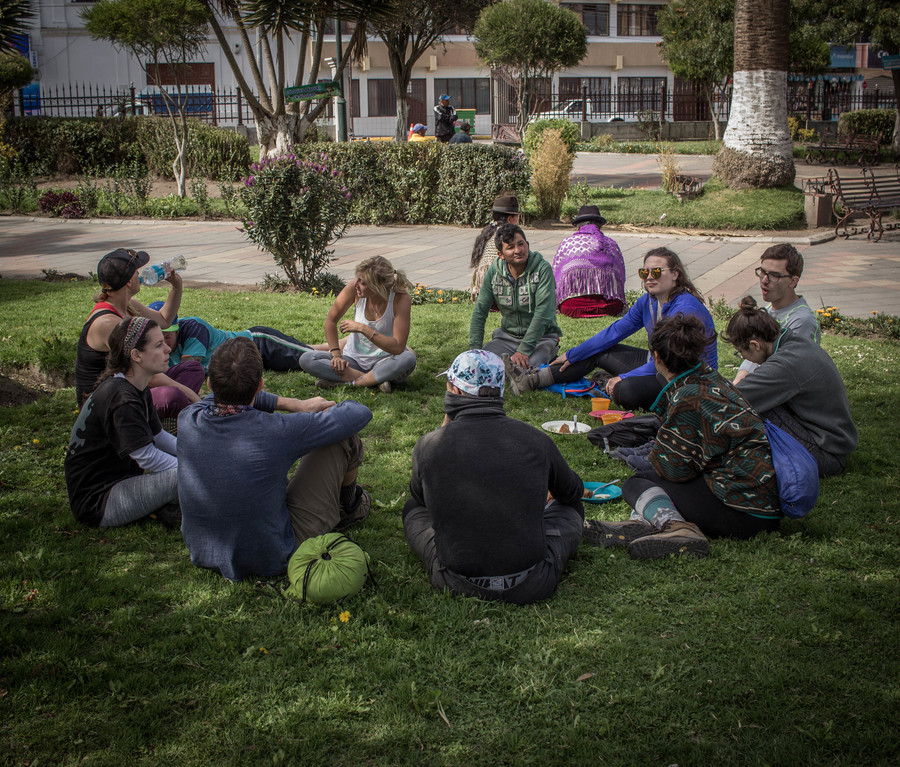
We ate lunch in a small town’s park square one day. Hunger and poverty are still huge issues. A few people were eyeing our abundunt tourist-level supplies, so Etiel took the lead in offering to share. One extremely friendly man joined our group and we got to know him a bit.
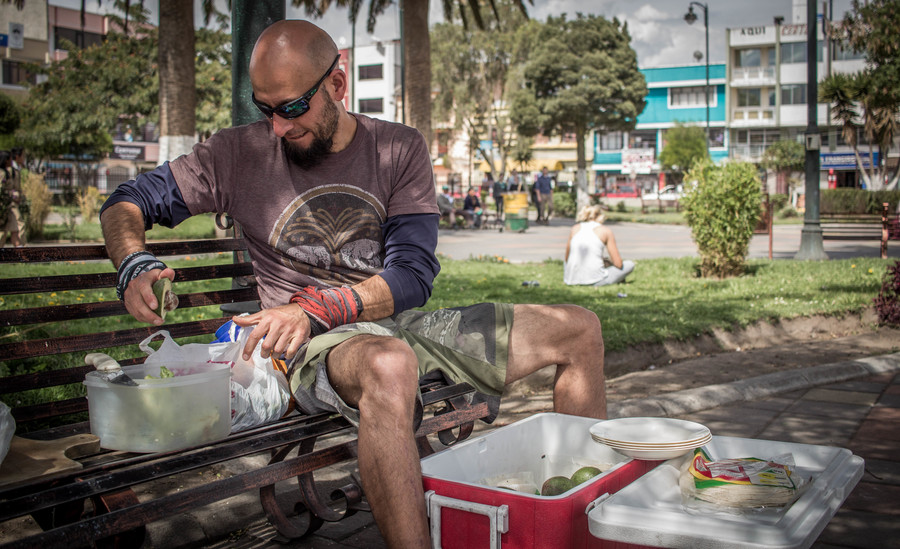
Also in our group were a couple from England, a couple from Canada, and a woman from Denmark. With Etiel, we talked a lot about the similarities and differences of our home countries throughout the trip.
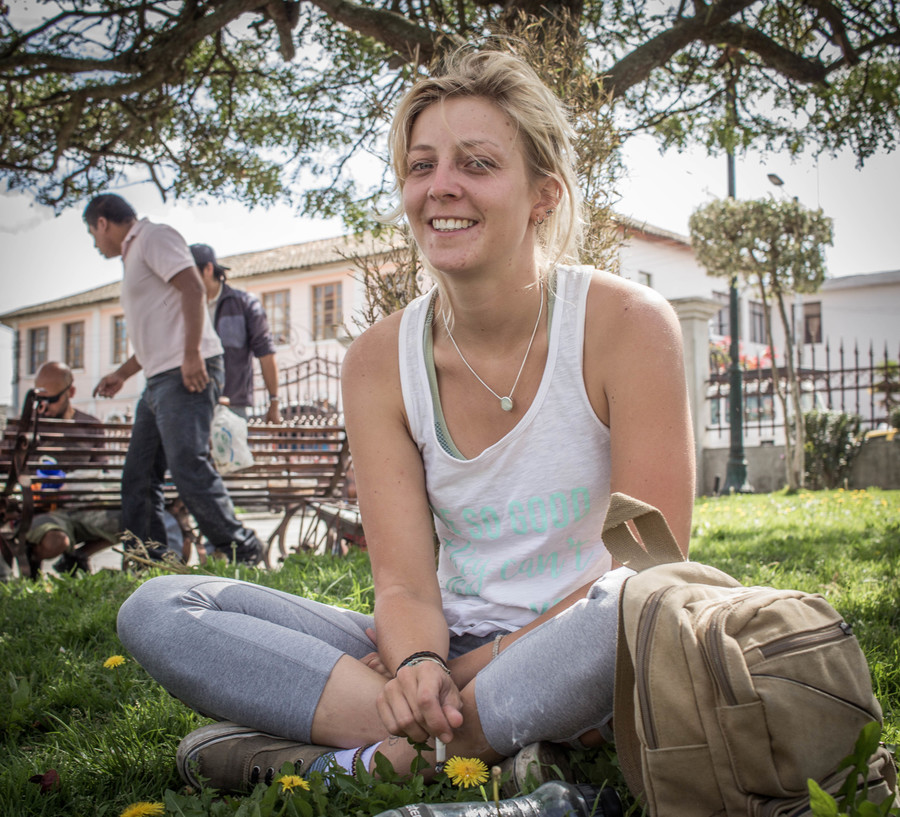
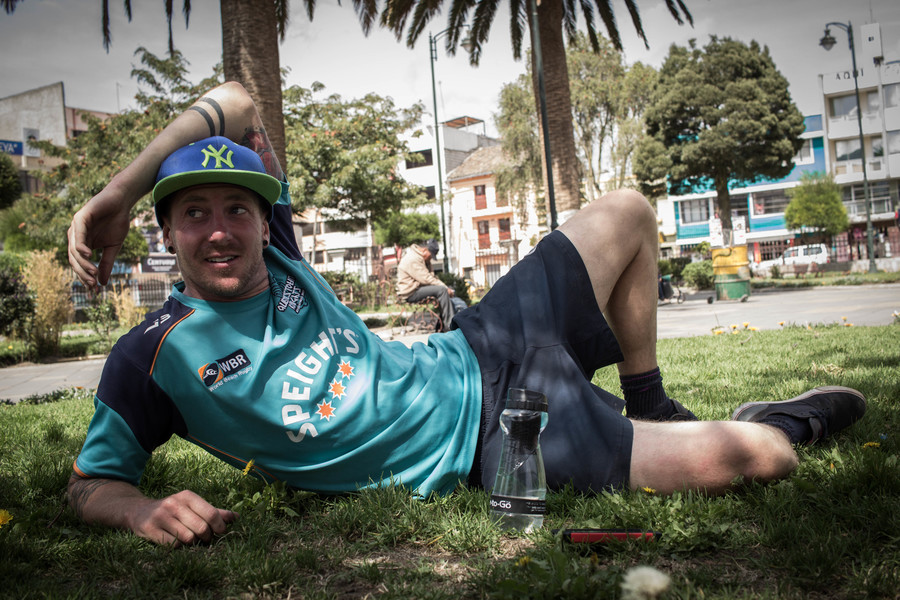
Ecuador’s indigenous population has been oppressed since Spanish colonization. Slavery, exploitation, and discrimination set the stage for some of the largest outcome gaps in the world whether looking at economics, education, or health. My impression was that racism works slightly differently than Americans may be used to. Most of Ecuador has some indigenous ancestry, so prevelance of features and customs informs a bigot’s potential discrimination.
Indigenous activists and allies work hard for government reform and services. Some communities coped by withdrawing to remote parts of the Amazon, though nomadic traditions are impossible with modern borders. A lot of groups have looked to capitalize on tourism. Performances and gift shops provide abridged introductions to their heritage in exchange for outside cash.
One such community we met in the Amazon explained that it used to be skills with a weapon that men used to attract women. Now it’s education and access to motorized transportation. A familiar overarching question seems to hang: how do we maneuver in the modern world, balancing reverence for ancestors and opportunities for descendents?
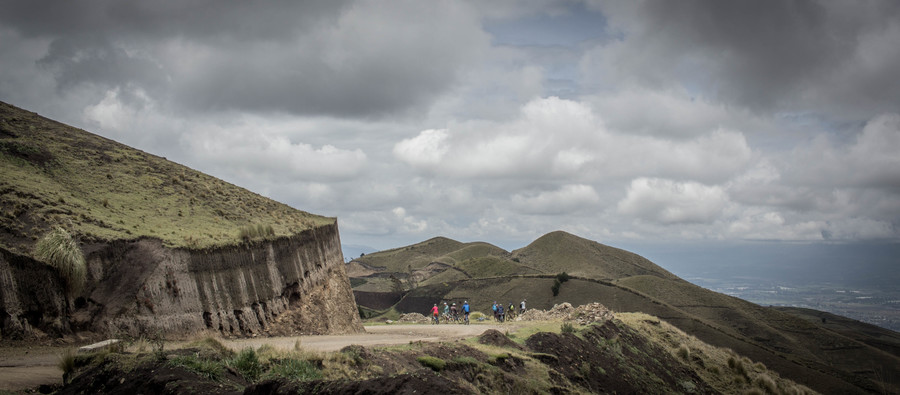
An Ecuadorian gave me an insightful analysis on the concept of savagery. Some indigenous tribes associate savagery with modern society. In their view as I understand it, humans have a symbiotic relationship with the natural world. The modern world can be seen as committing violence on the natural world in our effort to avoid it’s brutality.
I believe that cities are good, agriculture is a moral practice, and sometimes it is necessary to alter our environment. Awesome sites in nature are still preserved, fought for when threatened, and mourned when lost. I may not be fully comfortable with the view, but I understand how defacing a mountain to build a more convenient road is a kind of savagery.
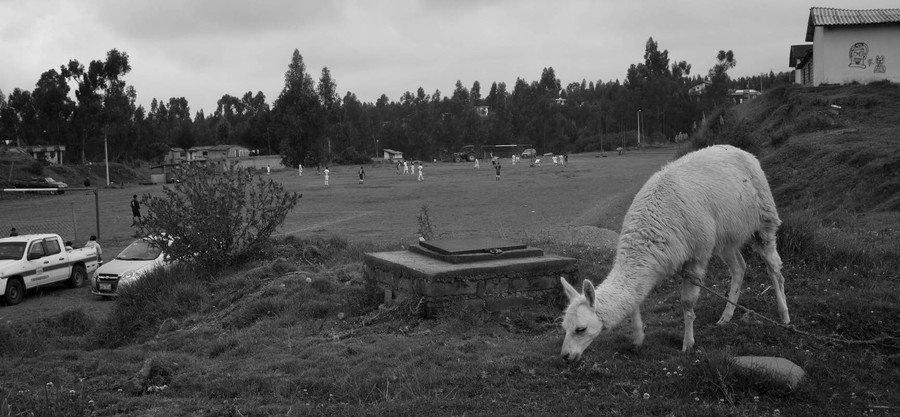
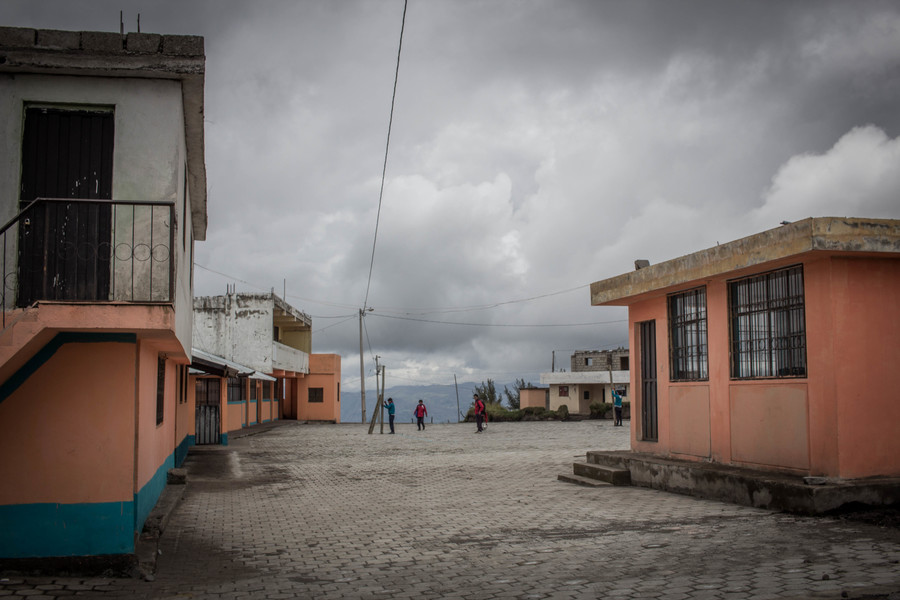
Exploitation can work at different levels. The Spanish descendents might exploit the indigenous, but outsiders might capitalize on Ecuador as a whole. The bike tour company is Dutch owned. Controversial oil deals with China raise questions about who will profit from the country’s natural resources. Corruption raises doubts about who elected leaders are actually working for.
It’s a messy situation that I won’t pretend to have an easy answer to.
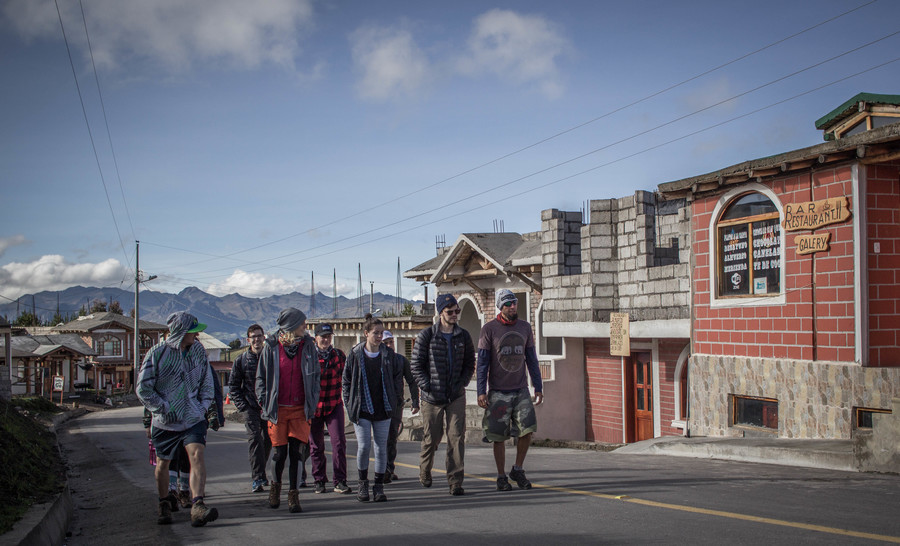
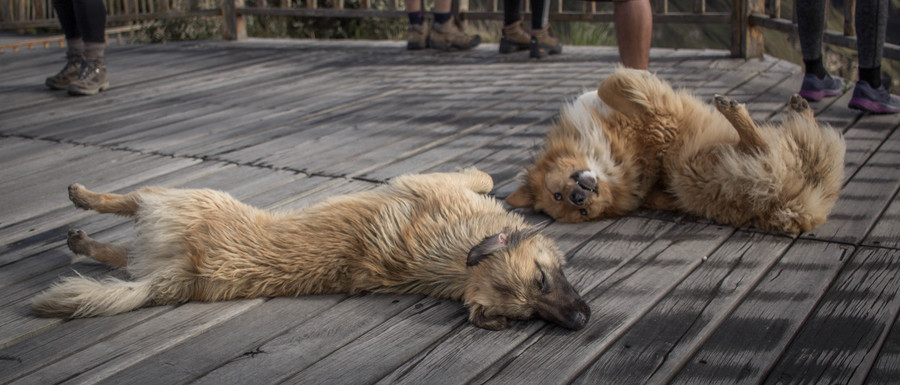
Etiel for his part takes pride in keeping Ecuador free from trash. Any plastic we encountered on trails went straight into a bag. We got in the habit too. I wish that was more common everywhere. He said if trash isn’t visible, littering is rare. It establishes a norm. When someone breaks the clean streak, the second person to litter comes quick. And then everyone does it.
Slicing my toe on a rock while swimming in the pool of an Amazon waterfall was another fun side adventure. I remember every step of the hike back! There was a scare fainting at work a few days later that I swore was going to be some infection. It was dehydration. Remember to drink fluids!
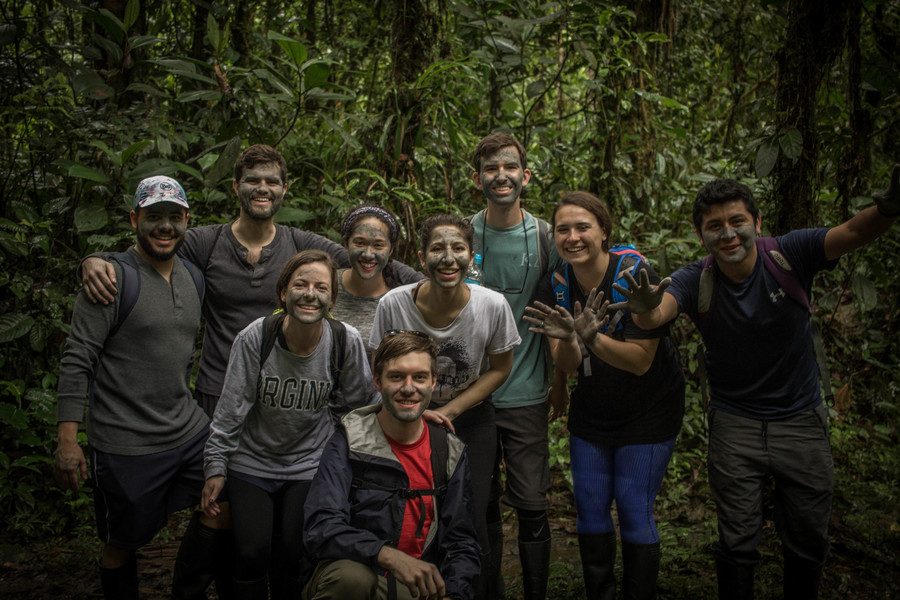
I’m not entirely sure how to feel about our group’s blissfully ignorant vacation, but will hold on to these moments.
Ecuador is a place full of natural beauty and wonderful people. We should respect both.
